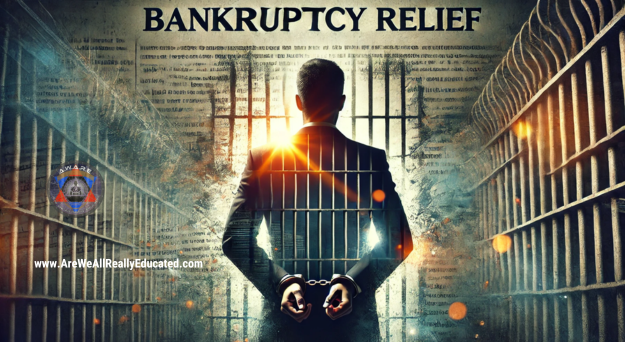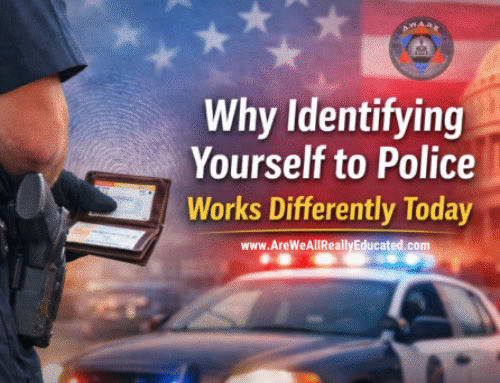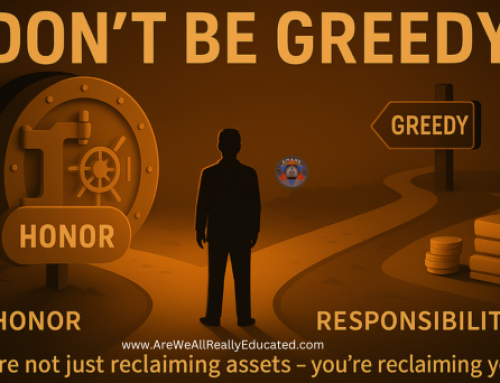Being wrongfully incarcerated is one of the most devastating experiences a person can endure. The emotional toll is immeasurable, but the financial burden can be just as crippling. Legal fees, lost wages, and mounting debts can leave individuals struggling to regain their footing even after release. However, one financial tool that many overlook is bankruptcy—a legal process that can help clear debt and provide a fresh start.
The Hidden Financial Toll of Wrongful Incarceration
Wrongful imprisonment often leads to:
- Lost Income: Time behind bars results in lost wages and missed career opportunities.
- Legal Costs: Appeals, retrials, and legal representation can be financially draining.
- Damaged Credit: Unpaid debts and defaults accumulate while the person is incarcerated.
- Accumulated Debt: Credit cards, medical bills, and other obligations continue to pile up.
For many, the financial repercussions persist long after release, making it difficult to rebuild a stable future.
How Bankruptcy Can Offer Relief
Filing for bankruptcy may provide a path toward financial recovery. Here’s how it can help:
- Debt Discharge: Bankruptcy can eliminate many types of debt, including credit card balances, medical bills, and certain legal fees.
- Collection Protection: Once filed, debt collectors must cease all collection efforts.
- Wage Protection: Any future income is safeguarded from creditor garnishment.
- Financial Reset: Bankruptcy allows individuals to move forward without overwhelming financial burdens.
Choosing the Right Bankruptcy Option
The two main types of bankruptcy to consider:
- Chapter 7 Bankruptcy: Ideal for those with minimal income, allowing for most debts to be discharged without repayment.
- Chapter 13 Bankruptcy: Best suited for those with a steady income, enabling structured repayment while protecting assets.
Important Factors to Consider
- Credit Score Impact: Bankruptcy remains on a credit report for up to 10 years, but financial recovery is possible through our help.
- Non-Dischargeable Debts: Certain obligations like child support, alimony, and some court fines cannot be eliminated through bankruptcy.
- Legal Guidance: Consulting a bankruptcy attorney ensures informed decision-making.
Seeking Compensation for Wrongful Incarceration
For those wrongfully imprisoned, pursuing compensation through lawsuits or state programs may offer additional relief. However, legal processes can take years, making bankruptcy a faster solution for immediate financial challenges.
Conclusion
Wrongful incarceration is a life-altering ordeal, and the financial consequences can be severe. Bankruptcy may provide a critical step toward regaining control and securing a stable future. Exploring legal options and seeking professional advice can help determine the best course of action for long-term financial recovery.








Leave A Comment